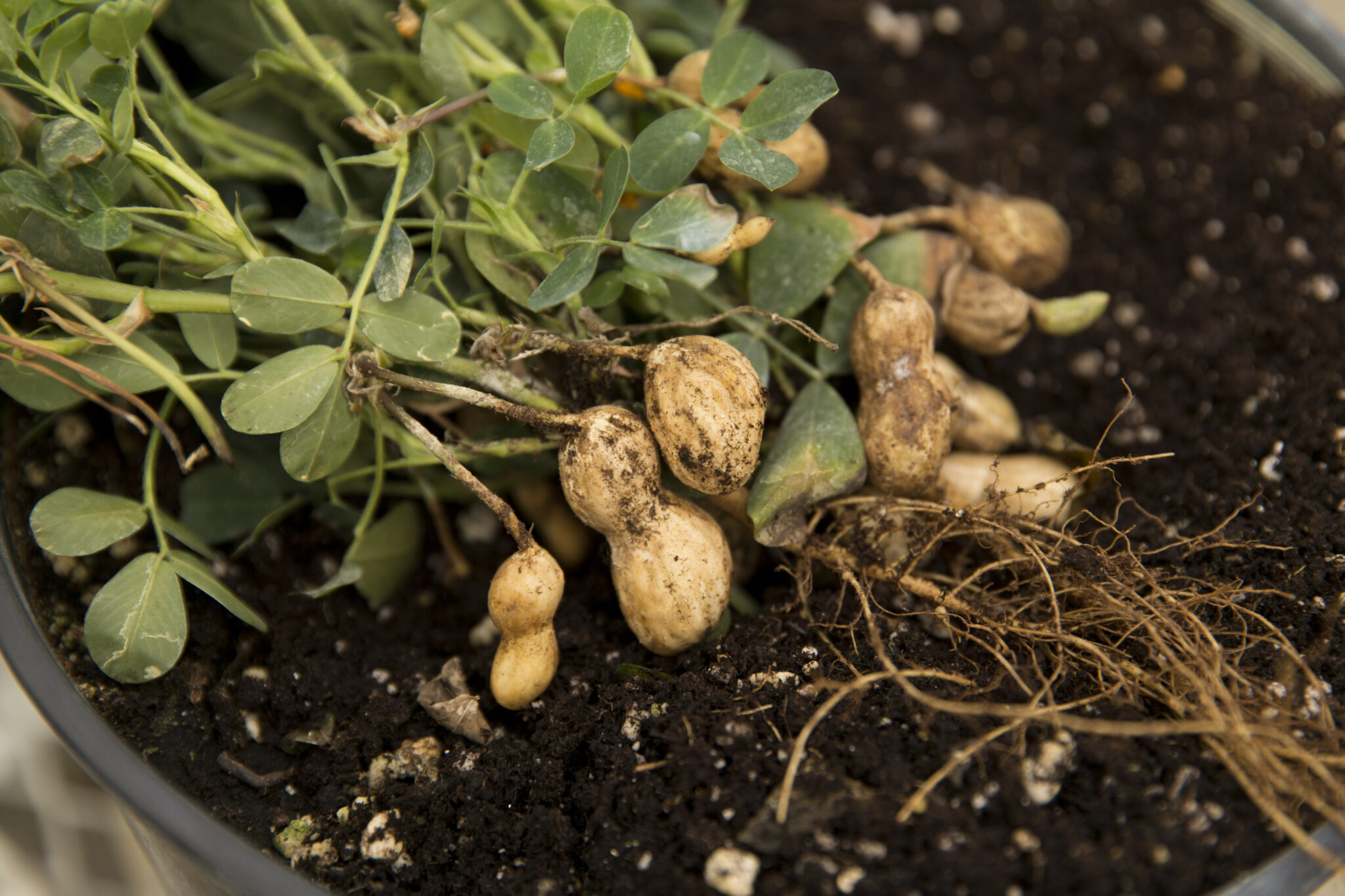By Wayne McLaurin
University of
Georgia
I picked the leaves up with the lawnmower and ground them up well. The shredded leaves were kept damp and walked on as I worked in the beds.
Two weeks ago my wife and I decided to put in a new shrub border and do away with the raised beds. And when I started smoothing down the beds, I realized I had about a foot of what my father called "leaf mold."
It wasn't compost but just rotted-down leaves. It was part "dirt" and part broken leaves. It had a loose overall texture and a deep, earthy smell.
What a find!
Now, how best to use it, I wondered. It was not sufficiently decomposed to be incorporated in the soil. Its best use, I decided, was as mulch around the new plantings.I put about 6 inches around each shrub, spreading the remainder between the plants. With irrigation in place, I could be sure the shrubs' roots would stay cooler, more evenly moist and freer of weeds.
Here was a gardening resource I hadn't even planned, a treasure was just waiting for me.
Reluctant composter?
If you're a reluctant composter who is less than enthusiastic about turning piles, this "passive" composting may just be your management style.All you have to do is pile the leaves on the ground in a corner of your yard, adding just a little water occasionally. You don't have to turn the leaves, take their temperature or concern yourself about a proper mixture of browns and greens.
All you have to do is just wait. Through the months, those leaves will turn themselves into a backyard gold mine. And what's time to Mother Nature?






